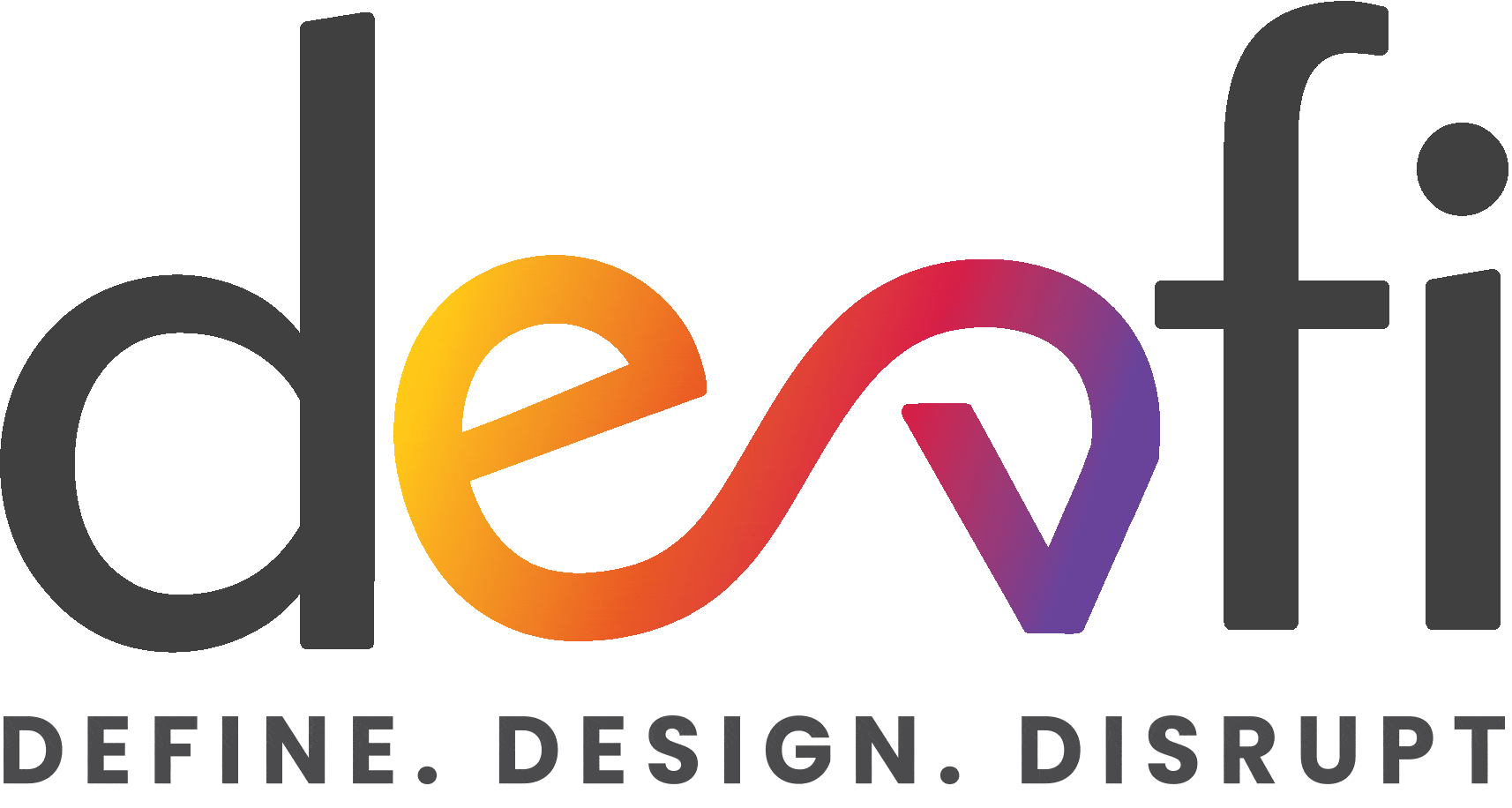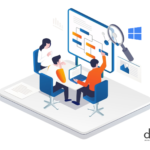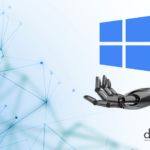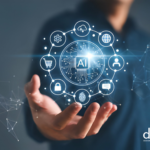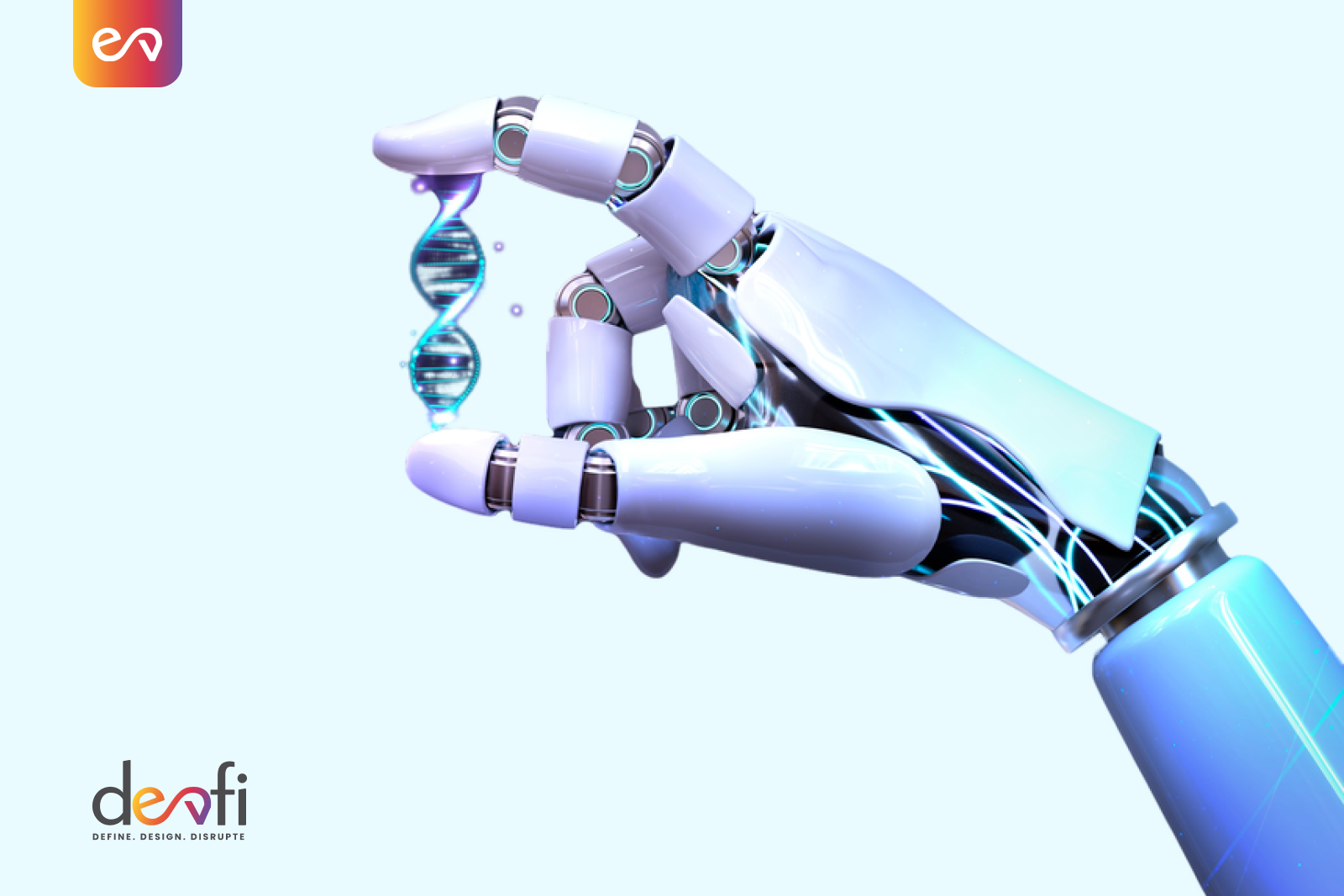AI in biotechnology is used to explore new applications and broaden the scope of this transformative industry. The ability of AI and machine learning to analyze and find hidden patterns in large datasets is useful in many industries including pharmaceutical and biotechnology. Biotechnology is the use of biological technology for industrial and other purposes. The field of biotechnology has reached a flabbergasting height, producing various advanced medical devices and drugs to animals, medical, agricultural, industrial, environmental, etc.
AI in Animal Biotechnology
Animal biotechnology is a field of science that involves the use of engineering and technology to improve the living conditions of animals. This field involves various sectors including animal genomics, animal cloning, and transgenic animals. Animal biotechnology aims to improve the quality animal life and produce useful agricultural products to enhance animal health.
- Artificial intelligence models can provide valuable insight into the process of animal breeding. This method of breeding allows scientists to introduce selective genes into the animals to develop desirable traits.
- The AI systems are capable of performing complex calculations and helping scientists understand the process of gene editing. This allows them to make informed decisions regarding the development of certain genes.
- Due to the wide scope of AI in this field, there are a variety of activities being carried out in the food biotech industry, specifically the meat and dairy industry.
AI in Medical Biotechnology
Medical biotechnology is a process that involves the use of biotechnology to produce medical products that can be used for the treatment, diagnosis, and management of diseases. The medical biotechnology industry is at the peak of its technological development. Various innovations such as artificial tissue development and genetic testing have led to the development of new medical therapies.
- Machine learning identifies small molecules for drug discovery by analyzing their structure and their potential therapeutic and clinical benefits.
- Machine learning is used in diagnosing diseases as it uses the true outcome of the tests to improve the reliability of the results.
- AI aims to help reduce the time and complexity of radiation therapy by developing a more accurate and faster method of preparation.
- Artificial intelligence has allowed healthcare professionals to more effectively manage the massive amount of data that they collect. This can help improve the quality of care.
AI in Agricultural Biotechnology
Agricultural biotechnology is a process that involves the use of scientific techniques and innovations to develop plants, animals, and microorganisms ro improve the productivity of both crops. Through the development of new genetic tools, scientists can make changes to improve the efficiency of these organisms.
- AI enables securing crop yields from factors like climate and population change, food security concerns, etc.
- AI can help prevent farmers from excessive usage of water, chemicals, and pesticides, which will improve soil fertility and produce higher quality crops.
- Machine learning and artificial intelligence are being used by the biotechnology industry to develop and deploy autonomous robots that can perform various tasks in agriculture.
AI for Biotech Data Management
Scientific data is less structured, complex, and heterogenous – which makes it difficult to automate the processing of such data. One of the most challenging issues that scientists face when it comes to searching for scientific information is the validation of the articles. And even if the necessary information is collected, it is still important to analyze and interpret it in order to generate new insights. Additionally, the biotech business is more complex and highly dependent on research and development of developing and promoting new medicines. Machine learning models can automate repetitive tasks to take on higher value-added tasks.
A powerful resolution and an efficient way to collect, exchange, and transmit data are the two main factors that enterprises look for when it comes to choosing a solution. The biological subfields like network biology, biomedicine, bioinformatics, etc., have long struggled with the processing of large amounts of data. And this is where Devfi can help enterprises struggling to cope with their data processing challenges along with enabling AI capabilities to their solutions. To know more, contact us.
